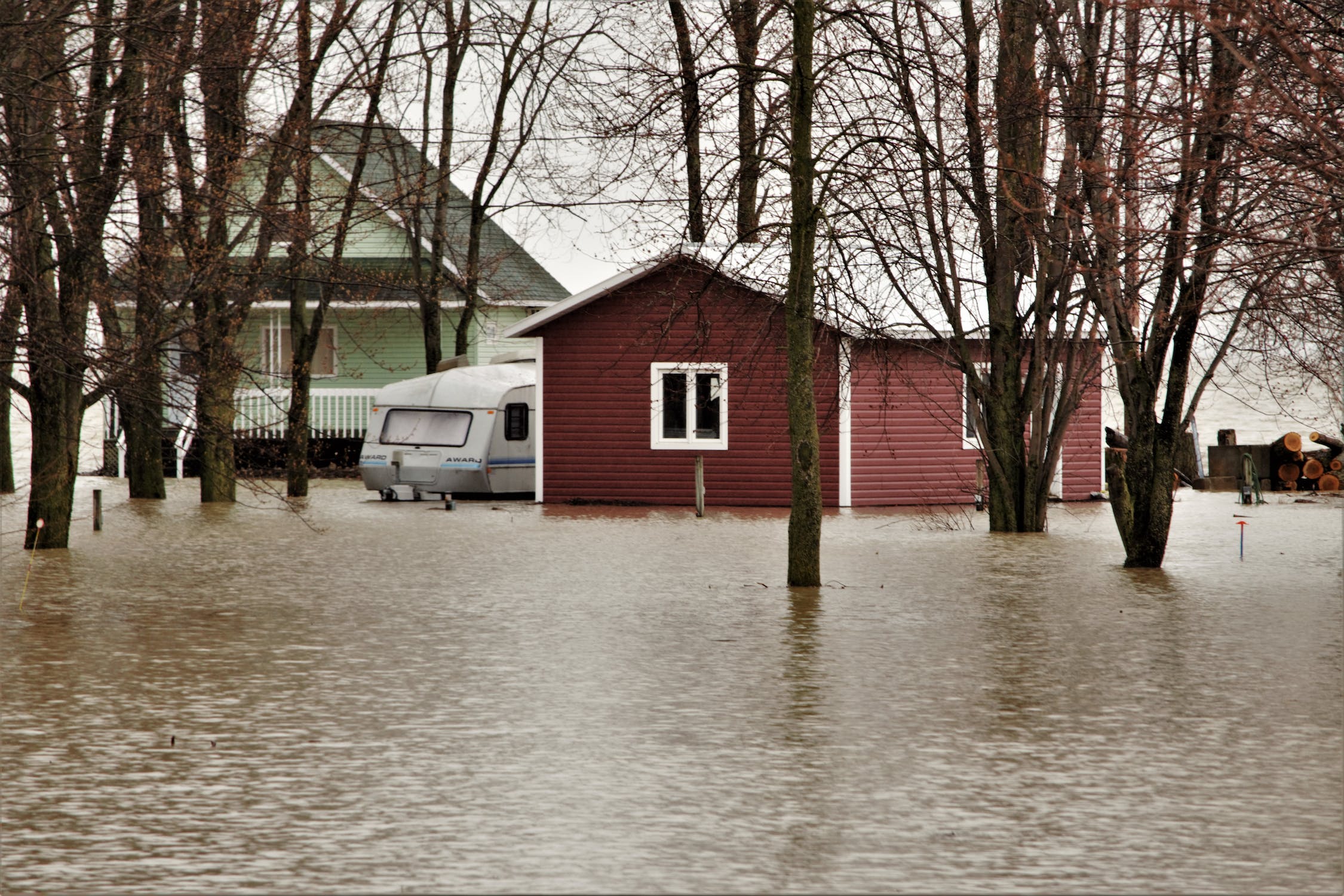Canada News
How climate assemblies can help Canada tackle the climate crisis

The challenges of climate policy are exacerbated by Canada’s political context as an oil and gas producing country. (Pexels photo)
Canada’s ongoing and record-breaking wildfire season and the recent heat waves around the world have galvanized Western public attention to the climate crisis like never before.
The message is stark.
If we fail to rein in global warming below the 1.5 C threshold, impacts on humans and the natural environment are poised to worsen as extreme weather events overlap with increased frequency. What is needed, according to the Intergovernmental Panel on Climate Change, is an urgent, integrated effort to reduce carbon emissions while adapting to the impacts of climate change.
Unfortunately, Canada has consistently failed to make a significant contribution to this broader effort. And this failure is due, in no small part to political polarization and a corresponding inability of governments to follow through on high-level commitments. We argue that climate assemblies can be a powerful tool in moving past these limitations and driving meaningful action on climate policy, if designed and executed thoughtfully.
Canada and the climate crisis
Canada’s contributions to tackling climate change are off the mark. Although overall emissions are beginning to trend downward, Canada’s current policies — even if fully implemented — are consistent with a 4 C warming scenario, which is far beyond the recommended 1.5 C scenario.
The challenges of climate policy are exacerbated by Canada’s political context as an oil and gas producing country. Indeed, many Canadians are polarized along party lines when it comes to key tensions concerning economic and climate policy, including when it comes to phasing out oil and gas, and how it relates to Canada’s future economy.
Additionally, when it comes to climate policy, many Canadians lack confidence in their provincial and federal governments, and are pessimistic that sufficient progress will be made in the near future.
Climate assemblies
Climate assemblies are part of a broader family of democratic innovations referred to as “deliberative mini-publics.” They gather a representative slice of a given population selected through a lottery to study, deliberate and make recommendations about a specific climate-related topic.
Climate assemblies have been used in many jurisdictions, particularly in Europe.
For example, Scotland’s Climate Assembly brought together 106 individuals from 2020-21 to deliberate about how Scotland could address the climate emergency in an equitable and effective manner. Participants generated 81 recommendations that included introducing carbon land taxes to eliminating frequent flyer bonuses.
Climate assemblies’ distinctive blend of characteristics gives them many advantages over other political institutions. With lottery selection, participants are less likely to represent political or special interests, enabling them to be more impartial and adopt a longer-term perspective that takes account of future generations.
By learning from each other, and from experts and stakeholders, participants develop more nuanced understandings of scientific and broader public perspectives that they can incorporate into their recommendations.
Bodies like climate assemblies are among the most trustworthy institutions on highly charged topics, and public engagement with their outputs can boost trust in other political institutions. When they are used as part of policymaking processes, people see those processes as more even-handed and are more inclined to accept outcomes that are undesirable to them.
Climate assemblies can have many positive outcomes. They can be a transformative experience for participants by improving political engagement, adding to knowledge and encouraging positive behavioural changes. The recommendations can be more ambitious than those advanced by governments and attract a high level of public support.
Unfortunately, not all climate assemblies to date have had a pronounced impact on policy and broader public engagement. However, recent research by the Knowledge Network on Climate Assemblies has distilled many lessons aimed at making climate assemblies more impactful.
These include improving communications with the broader public, integrating the assembly and its outputs into the appropriate policymaking process, and selecting tasks aligned with the strengths of climate assemblies.
Leveraging climate assemblies in Canada
While Canada has a rich tradition of employing public assemblies on topics like electoral reform, climate assemblies have not yet garnered much use. Important exceptions are the assemblies that were part of the Alberta Climate Dialogue initiative, including the Citizens’ Panel on Edmonton’s Energy and Climate Challenges.
Canadian governments at all levels could use climate assemblies to perform a range of functions, from providing advice on specific policy proposals to holding policymakers to account. We propose two key functions for Canadian climate assemblies.
First, they could be used to advise on the development and implementation of municipal climate strategies. Municipalities in Canada face significant barriers to implementing Canada’s climate commitments. This is despite the important role they play in decreasing greenhouse gas emissions and adapting to extreme weather events.
Indeed, some have argued that climate change policies should “trickle up” from local governments, who are less constrained by political factors and freer to experiment with innovative solutions, rather than “trickle down” from other levels of government. For example, municipal governments could use climate assemblies to assess local impacts of different climate change scenarios and develop comprehensive resilience strategies.
Second, climate assemblies can be used to hold policymakers and politicians to account. A lack of sufficient transparency and accountability are long-standing challenges at the provincial and federal levels due to deficiencies in their monitoring and reporting systems. Climate assemblies could be tasked with scrutinizing missed climate targets and critically appraising proposed remedial actions.
For example, at the federal level, climate assemblies could complement the work of the recently created Net-Zero Advisory Body, whose responsibilities include advising the government in its ongoing efforts to reach net-zero by 2050 and engaging the broader public.
Climate assemblies — when designed and used effectively — can be a powerful tool to help Canadian governments break free of the inertia that has plagued climate policy for too long.![]()
![]()
Simon Pek, Associate Professor of Business and Society, Gustavson School of Business, University of Victoria and Lorin Busaan, PhD Student, Gustavson School of Business, University of Victoria
This article is republished from The Conversation under a Creative Commons license. Read the original article.





















